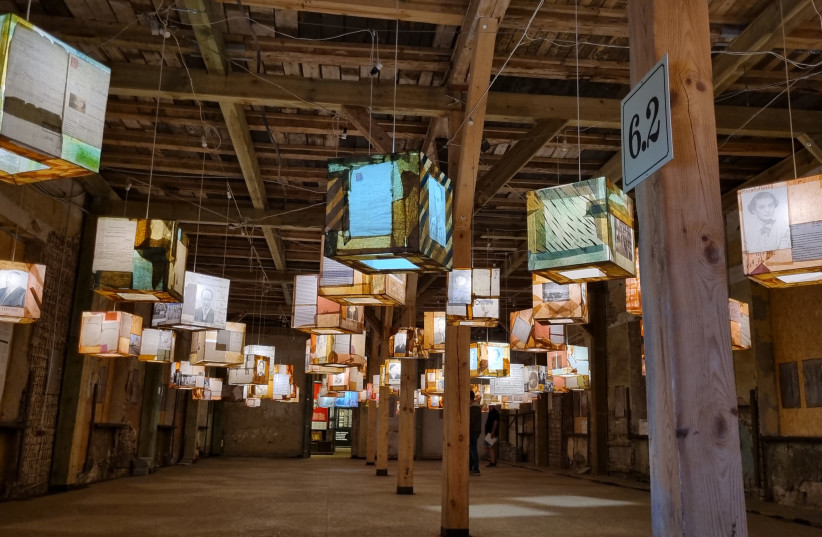Riga is a pearl of Europe with a rich heritage and tremendous creative potential, says City Council Deputy Chairman Linda Ozola. She promotes Riga and Latvia, beyond the old towns and art nouveau.
“Latvians are really in touch with nature,” she says. “We need to feel the closeness of trees, the sun, water. It’s in our genetic code. We’re working really hard to make the city greener, more livable, and enjoyable from this perspective.”
A recent visitor to Israel, where she held high-level meetings with national and local officials, Ozola is well aware of the sensitivities of Israeli and Jewish visitors to Latvia – particularly those of the tens of thousands who have their roots in this Baltic country.
“It is absolutely okay to talk about [the Holocaust],” she says. “We’ve never wanted to tear out any pages of our history. We have to accept the history as it is. And we have to learn from history. We really regretfully admit that during the Second World War we lost so many Jewish people who were part of our society, who were co-creators of what Latvia was at that time.”
Expanding the Latvian Holocaust museum
Ozola is one of those behind the plan to expand the Riga Ghetto and Latvian Holocaust Museum, working very closely with the Shamir Association, which runs the museum.

Beyond the buildings, Jewish-roots travel, and nature, Riga and Latvia hold something very special for Ozola, which she hopes visitors will also feel.
“It’s not only visually in the streets, the architecture, the city environment, but when you meet people you will see and meet the Latvian soul,” she says earnestly. “Of course, you can only see it and experience it when you come here. We’re very proud of our handcrafts but our souls, our hearts, they are handcrafted as well – so it will be an absolute delight for those who choose to come to Latvia.”
